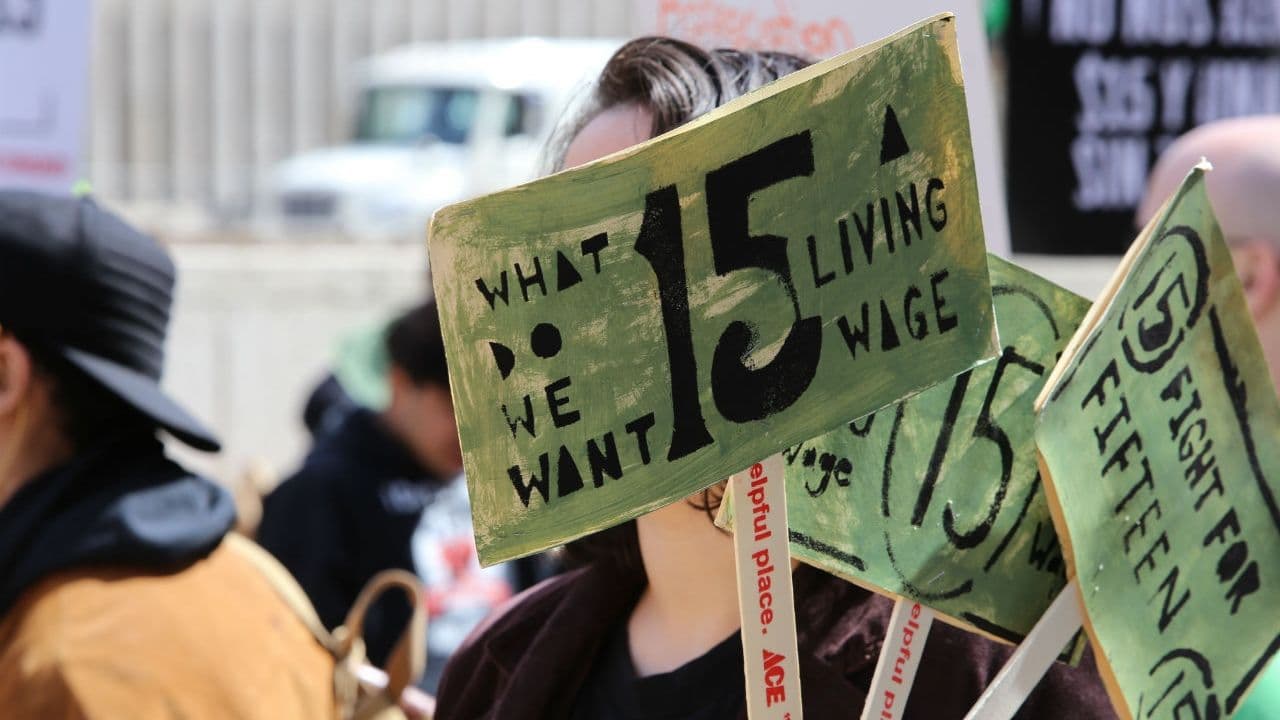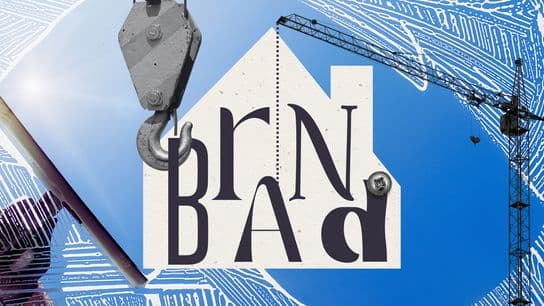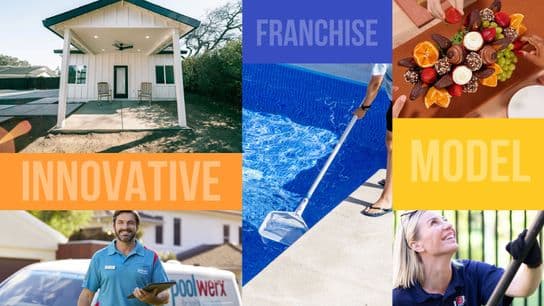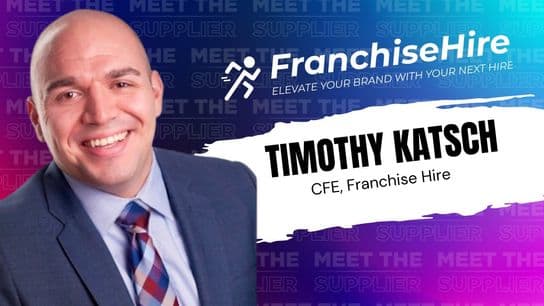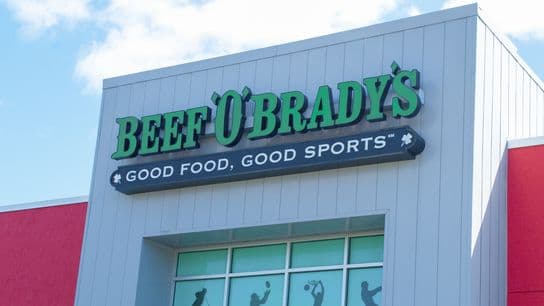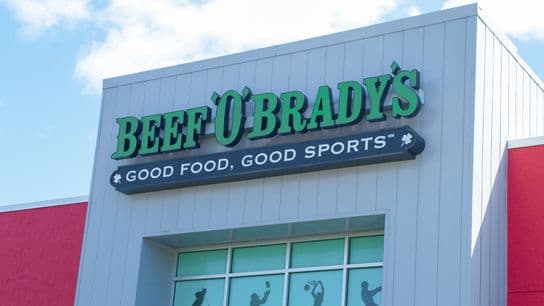How The Oval Office Might Sway Minimum Wage After November 8th
Rocked by uncertainty and increases in minimum wage, the franchise industry looks to the 2016 presidential election for a clearer - and cautiously hopeful - future.
In the wake of one of the most divisive presidential elections in our nation’s history, franchising is on the verge of some major changes. Among those changes is minimum wage.
A complex and varied issue, a rising minimum wage has the ability to dismantle franchisees’ smaller businesses throughout the country. While higher wages puts more money in employees’ pockets and could decrease national poverty levels, it also has the potential to slow down hiring, raise prices and lead to layoffs. As reported by ABC News, Arindrajit Dube, associate professor at University of Massachusetts at Amherst, has said wage increases in California are equivalent to a “big experiment.”
“Ultimately, it’s a give and take situation,” says Lonnie Helgerson, franchise consultant and president of Helgerson Franchise Group. “So if the prices go up on something, someone’s going to have to make up that cost. And unfortunately, that will fall on the consumers and franchisees both… It’s not that [franchisees] don’t want to pay their people well. It’s just that you have to balance that out with the cost of your product.”
The International Franchise Association has made great efforts to challenge an increase in minimum wage, such as suing the city of Seattle for it’s minimum wage increase to $15. Their argument is that the law treats franchise businesses the same as large corporate companies, whereas franchises want to be recognized as smaller businesses. The IFA’s lawsuit was thrown out by a federal judge. Government has continued to push and approve legislation raising wages. New York and California are among the other states which have already agreed to work towards a $15 minimum wage in the next couple years.
The 2016 presidential election attempts to grapple with the potential pros and cons of raising wages, but both candidates have struggled to maintain or articulate their positions.
Trump’s position remains unclear. In the past, Trump appeared to be against increasing minimum wage altogether, but this year he said that while he pushes for minimum wage to be $10 (not $15), states are the ones who should “really call the shots.” While those against minimum wage increases remain cautiously optimistic about Trump, it’s difficult to pinpoint what he’ll actually do if elected.
Alternately, Clinton might get a surge of support on election day from those in favor of increases in minimum wage. She has found middle ground in the heated minimum wage debate by not supporting $15 per hour raise, but rather $12. Even so, Clinton also supports state efforts to raise wages higher than $12. Substantial research suggests that modest increases, rather than major ones, could diminish unemployment by 500,000 and would raise 900,000 individuals from poverty.
Regardless of Trump’s and Clinton’s actual positions about minimum wage, there’s the chance that many statements made at this point could have more to do with voters’ overwhelming desire for more than $7.25. For those who oppose, hope lies in Clinton’s willingness to actually discuss minimum wage options, or in Trump’s lengthy business experience.
Raising minimum wage is now much less a question of if, but when and how. Will federal or state government control these increases? Will franchisees have to abide by all the same regulations as their parent corporations? What will this do to our nation’s overall economy and franchise industry?
Factors such as the 2016 presidential election, ensuing research and observations of the economic changes in California, New York and Seattle will all play a role in both the nation’s and individual states’ steps toward wage increases. For now, Helgerson suggests that those in franchising, especially franchisees, pay to attention to their local and state races.
“I believe that’s the battle ground for where minimum wage is going to be fought,” Helgerson said.
